You might be 35 on paper—but what if your body is functioning like it’s 50?
Chronological age is what your birth certificate shows. But biological age—the true measure of how old your cells feel and function—tells a far more accurate story about your health, energy, and future. In today’s fast-paced, high-stress, ultra-processed world, millions are unknowingly accelerating their cellular aging. That means more fatigue, brain fog, stubborn weight, poor sleep, and early signs of chronic disease—long before it “should” happen.
Here’s the twist: aging isn’t just about getting older—it’s about how quickly your body breaks down. And the good news? You can slow it down—or even reverse it—by understanding the signs early. In this post, we’ll uncover 5 subtle but powerful signs your cells may be aging faster than you are—and what you can start doing today to take back control of your health span.
What Is Cellular Ageing? (And Why You Should Care)
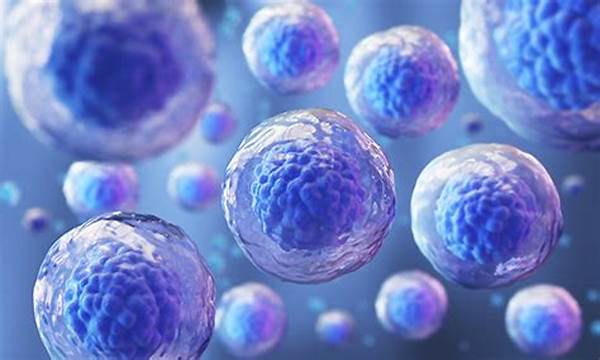
When we talk about aging, most people think of grey hair or wrinkles. But true aging begins deep within your cells—long before it shows up in the mirror. Cellular aging is the gradual decline in how well your cells function, divide, and repair themselves. Over time, your cells accumulate damage from stress, toxins, poor diet, lack of sleep, inflammation, and even emotional trauma. When this damage outpaces your body’s ability to repair it, you begin aging faster on a biological level. Think of your cells like tiny batteries. When they’re healthy and fully charged, you feel energetic, sharp, and resilient. But when they’re damaged or depleted, everything slows down—your metabolism, your brain, your immune system, your recovery, even your mood.
Here’s what contributes to accelerated cellular aging:
- Mitochondrial dysfunction – your energy factories stop working efficiently
- Chronic inflammation – your body stays in a state of low-grade internal fire
- Oxidative stress – like rust on metal, this damages your DNA and tissues
- Shortened telomeres – protective caps on your DNA get worn out
- Epigenetic changes – your genes start switching “off” or “on” at the wrong time
The scary part? You might feel fine—until one day, you don’t. That’s why it’s crucial to catch the signs of accelerated aging before they turn into disease.
Why Biological Age Matters More Than Chronological Age
Let’s be clear—the number of candles on your birthday cake doesn’t define your health. What really matters is how well your body functions at the cellular level. That’s what biological age reveals:
- How efficiently your cells produce energy
- How well your organs regenerate
- How fast your body repairs damage
- And how much resilience you have against disease, fatigue, and aging itself
You could be 45 and biologically 35, enjoying vibrant health, mental clarity, and energy. Or you could be 30 and biologically 55—battling exhaustion, brain fog, aches, and weight gain. The reason? Biological age is driven by lifestyle, not time.
Here’s how biological aging affects your life:
Cognition: Faster aging = slower thinking, memory lapses, poor focus
Disease Risk: High biological age is linked to diabetes, heart disease, dementia, and more
Energy & Sleep: Your body’s ability to recharge and repair drops
Inflammation & Immunity: You stay inflamed longer and get sick more often
Longevity: You may live longer chronologically, but with poor quality of life
The good news? Unlike your birthdate, you can actually change your biological age. With the right tools, habits, and interventions, you can slow aging, improve vitality—and even turn back the clock on a cellular level.
5 Signs Your Cells May Be Aging Faster Than You Are
Most people wait for a diagnosis to acknowledge that something’s wrong. But the earliest indicators of accelerated aging don’t show up on routine bloodwork — they show up in how your cells function, and how your system responds to everyday demands.
Here are five key clinical clues that your biological age may be quietly advancing ahead of your chronological age:
1. Your Recovery Window Is Getting Longer
Whether it’s from physical activity, emotional stress, or a common cold — your body takes longer to bounce back.
This suggests mitochondrial dysfunction and impaired cellular resilience, two hallmarks of biological aging.
2. Fatigue Is Deep and Non-Relieving
This isn’t just “tiredness.” It’s a kind of exhaustion that sleep doesn’t fix.
It often reflects poor energy metabolism at the cellular level — where your mitochondria are unable to generate sufficient ATP.
3. Blood Sugar Swings or Metabolic Resistance
You’re noticing increased abdominal fat, cravings, or blood sugar instability—even with minor dietary indiscretions.
This could signal metabolic inflexibility and early insulin resistance, which accelerate inflammatory aging pathways.
4. You’re Becoming Sensitive to Foods, Environments, or Stressors
If your tolerance is lowering across the board — foods trigger symptoms, fragrances bother you, or stress feels overwhelming — it may indicate cellular membrane dysfunction, neuroinflammation, or even a dysregulated immune response.
5. Cognitive Bandwidth Is Narrowing
Not just forgetting names — but struggling to plan, adapt, or multitask.
This is often a downstream result of neuroinflammation, impaired blood-brain barrier, and suboptimal oxygenation or circulation — all signs of early biological decline.
Note: These signs don’t always correlate with “disease.” That’s why they’re often missed in traditional assessments. But they matter — because they point to where the aging process is happening first.
What’s Driving This? The Root Causes of Accelerated Cellular Aging
Your cells don’t age rapidly just because of time — they age because of the internal environment you create. Aging is not simply wear and tear; it’s the body’s cumulative response to dysfunction, imbalance, and damage over time.
Here are the four most critical biological drivers that quietly accelerate your cellular aging:
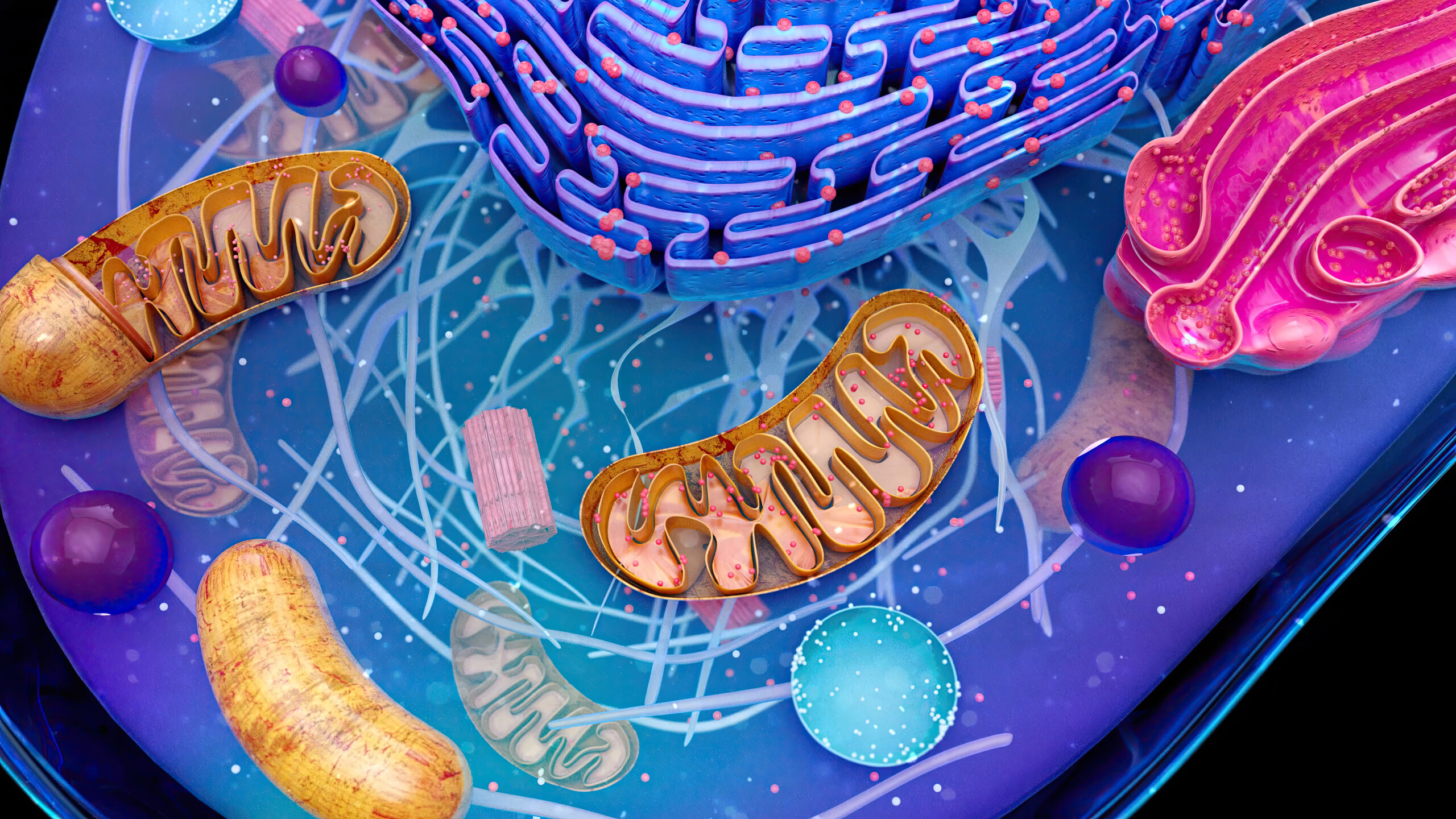
Mitochondrial Dysfunction: Your Energy Factories Are Failing
Mitochondria are the powerhouses of your cells, converting nutrients into usable energy (ATP). When they’re impaired — due to toxins, stress, infections, poor nutrition, or oxidative damage — your cells struggle to meet basic energy demands.
Result: Fatigue, slower recovery, brain fog, and vulnerability to chronic illness.
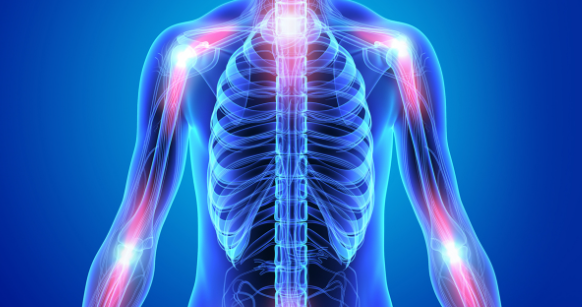
Chronic Inflammation: The Silent Fire Inside
Low-grade, unresolved inflammation disrupts nearly every system — from metabolic regulation to hormonal signaling. Over time, it damages tissues, accelerates telomere shortening, and alters gene expression. Result: Accelerated biological aging and increased risk of diseases like diabetes, cardiovascular disease, and cognitive decline.
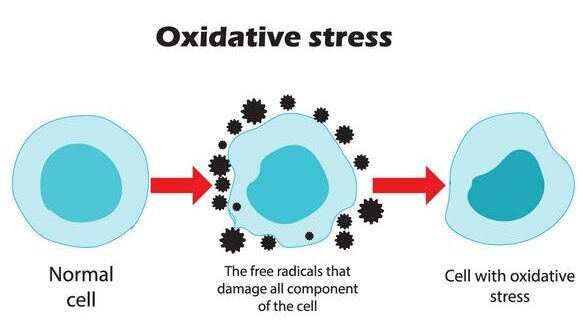
Oxidative Stress & Cellular Damage
Excessive free radicals (from poor diet, pollution, alcohol, etc.) outpace your antioxidant defenses, leading to oxidative stress. This degrades proteins, lipids, and DNA — driving mutation, dysfunction, and eventual cellular senescence (zombie cells).
Result: Poor cellular regeneration and signs of aging far beyond your chronological age.
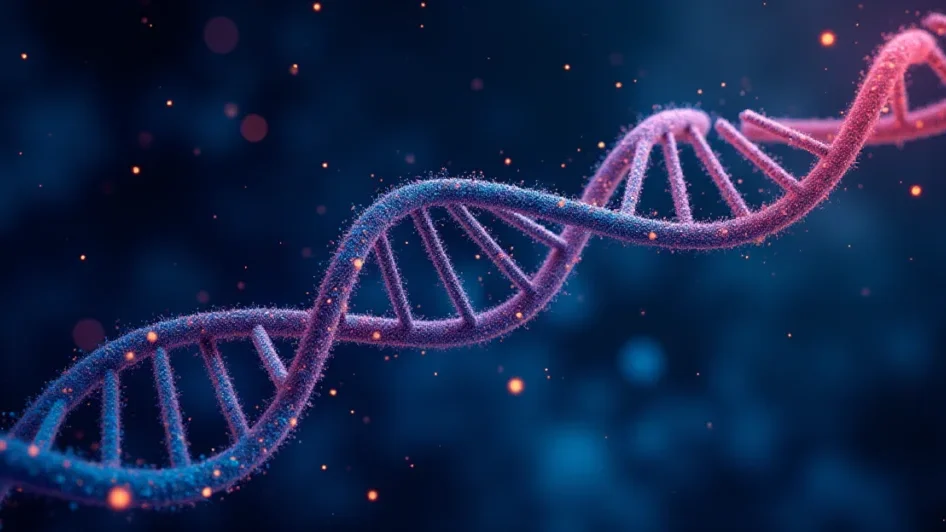
Epigenetic Dysregulation: When Your Genes Misfire
Environmental inputs — diet, stress, trauma, sleep, toxins — can “switch on” harmful genes and silence protective ones. This is epigenetics in action. When regulatory patterns become chaotic, aging accelerates at the cellular level.
Result: Impaired detoxification, poor repair, inflammatory gene expression, and tissue degeneration.
Important Insight: These root causes are often silent — they build over years, not days. Addressing them is the key to reversing biological age and restoring health span.
Can You Reverse Biological Age? The Science Says Yes
It’s easy to feel like aging is an inevitable, irreversible process — but the science is clear: biological age isn’t set in stone. In fact, you can slow it down, and in some cases, reverse it with the right interventions.
What the Science Shows
Research in epigenetics, mitochondrial health, and cellular repair has revealed some fascinating truths:
Mitochondrial biogenesis can be boosted through —restoring energy production and improving overall vitality.
Telomere length, once thought to be a genetic destiny, can be influenced by lifestyle choices. Studies have shown that stress management, & physical activity can lengthen telomeres.
Epigenetic reprogramming is possible through the application of health optimization strategies. we can shift the expression of genes that promote aging.
How You Can Reverse the Aging Process?
The key to reversing biological age lies in three major pillars:
- Optimizing Cellular Health
- Reducing Inflammation
- Supporting DNA Repair and Regeneration
The Bottom Line: You’re not powerless. You have the tools to reset your biological age—all it takes is knowledge and intention. Your biological age doesn’t have to be a countdown. By shifting the focus from symptom management to cellular optimization, you can reclaim the health, energy, and vitality you deserve.
Start by making simple, science-backed adjustments to your routine today — and experience how good it feels to reverse the effects of aging from the inside out.
